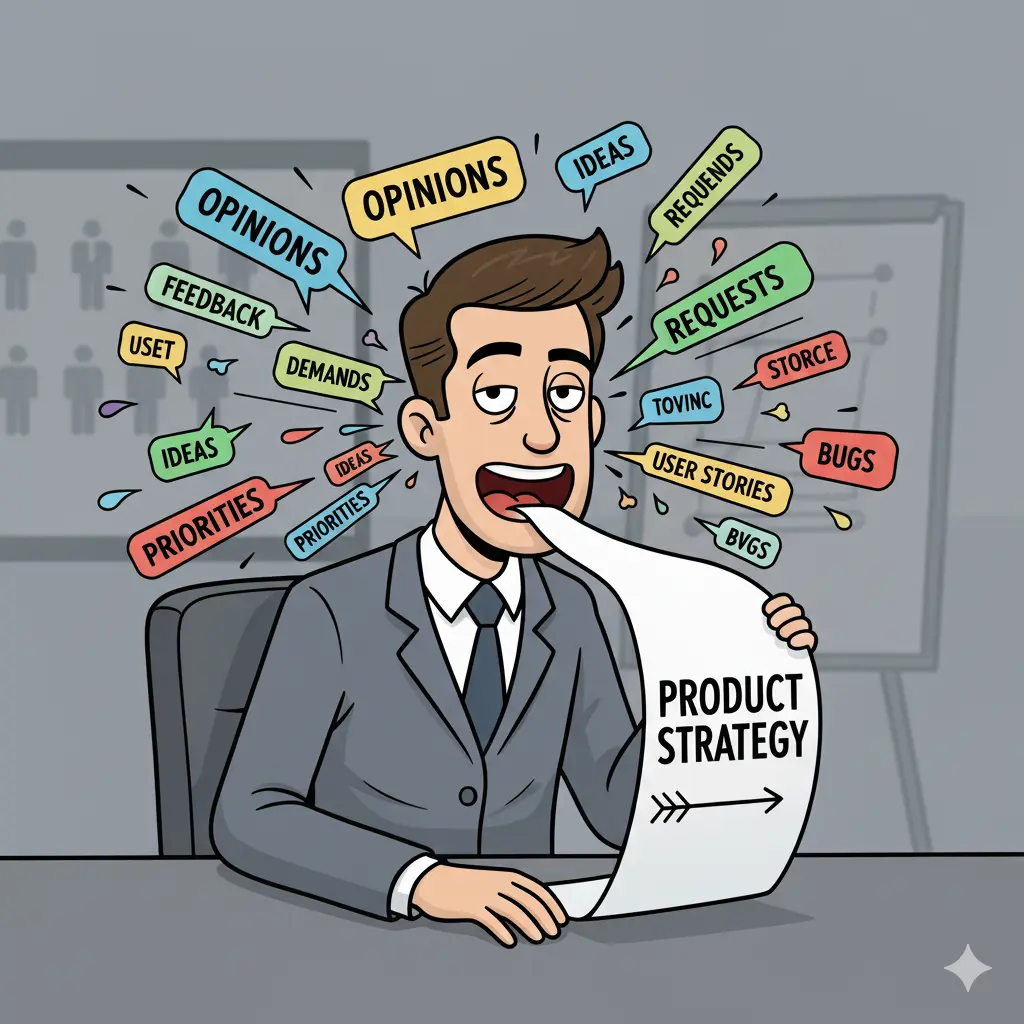
When Big Tech Forgets What Product Managers Actually Do
Big tech's obsession with technical PMs creates a dangerous gap between engineering and customers
The modern product manager interview at FAANG companies has become a technical gauntlet that would make most software engineers sweat. Candidates with solid years of product experience now find themselves whiteboarding system architectures and explaining transformer models while wondering when they became backup engineering hires.
The Technical Interview Arms Race
Big tech’s PM interviews have shifted from “How would you prioritize features?” to “Design a global messaging platform for 1 billion users with end-to-end encryption.” The system design round, once reserved for engineering candidates, has become standard for product roles at Amazon, Google, and Microsoft.
The justification sounds reasonable: PMs need to understand technical tradeoffs. But the reality is more cynical. Technical screening creates an easy filter for overwhelmed recruiting departments. It’s simpler to evaluate someone on whether they can diagram a distributed system than assess their actual product instincts.
The Day-to-Day Reality Gap
The interview technical requirements often bear little resemblance to actual PM work. Most product managers spend their days on customer research, roadmap prioritization, stakeholder alignment, and market analysis, not debating database sharding strategies.
PM should be technical enough to communicate with engineers and not let them walk all over you. Non-technical enough to understand, empathize, communicate with and build for your customers.
The most effective PMs operate as technical translators rather than technical experts. They understand enough to ask intelligent questions about implementation timelines and tradeoffs, but their real value comes from deep customer understanding and strategic thinking.
The AI Acceleration Effect
The rise of AI products has exacerbated the technical expectations. PMs are now expected to understand machine learning pipelines, training data requirements, and model evaluation metrics, domains that even many data scientists struggle with.
This creates a dangerous dynamic where product decisions get driven by technical feasibility rather than customer value. PMs who can’t push back on technical constraints with confidence risk becoming feature factories for engineering-led initiatives.
The irony is palpable: companies hire technical PMs to better understand engineering constraints, then wonder why their products feel engineer-driven rather than customer-obsessed.
The Interview Preparation Industrial Complex
The technical bar has spawned an entire industry of PM interview prep services. Courses promise to teach “system design for PMs” and “technical architecture for non-engineers.”
These services capitalize on the anxiety of PMs who fear being left behind. But they often teach interview performance rather than actual job skills. Candidates learn to draw architecture diagrams that look impressive in interviews but have little connection to how they’d actually approach product decisions.
The Compensation Consequence
Technical PM roles command premium salaries, creating financial pressure to pursue these positions regardless of fit. Some companies value technical knowledge over product sense, customer empathy, or business acumen.
This creates perverse incentives where PMs optimize for technical interview performance rather than developing the skills that actually drive product success. The best negotiators and system diagrammers get rewarded, while product thinkers who struggle with technical interviews get filtered out.
The tech industry’s obsession with technical PMs reflects a deeper insecurity: we trust algorithms more than human judgment. We’d rather have someone who understands machine learning than someone who understands customers, and we’re building products that show it.


